Browse
by Subject: Development Studies
View: By Date | Alphabetical | eBooks | Paperbacks
-
 Forthcoming June 2024
Forthcoming June 2024 Black Schoolgirls in Space
Stories of Black Girlhoods Gathered on Educational Terrain
Ohito, E. O. & Mock Muñoz de Luna, L.
Black Schoolgirls in Space is a theoretical turn that advances the growing interest in transnational girlhoods by focusing on the Black girls as actors and agents in the construction of not only girlhood but also the educational worlds in which girlhoods are contained.
Subjects: Gender Studies and Sexuality Development Studies Sociology
-
 Published February 2024
Published February 2024 Embodying Exchange
Materiality, Morality and Global Commodity Chains in Andean Commerce
Müller, J.
Embodying Exchange addresses the infrastructural, legal and moral complexities in contemporary world trade through an ethnographic analysis of the interface of multinational brand manufacturers and popular traders in the Bolivian Andes.
Subjects: Political and Economic Anthropology Development Studies
eBook -
 Published February 2024
Published February 2024 Fragile Futures
Ambiguities of Care in Burkina Faso
Samuelsen, H.
Caring for small children and the family in Burkina Faso is hard work. Although the health infrastructure in Burkina Faso is weak and many citizens feel neglected by the state, Fragile Futures shows that the state continues to play an important role in people’s engagements and hopes for a better future.
Subjects: Anthropology (General) Medical Anthropology Development Studies
eBook -
 Published January 2024
Published January 2024 Houses Transformed
Anthropological Perspectives on Changing Practices of Dwelling and Building
Alderman, J. & Stolz, R. (eds)
Houses Transformed explores the intersection of house biographies and social change, the politics of housing design, the social fabrication of aspirational houses, the domestication of concrete and the intersection of materiality and ontology, and the rhetoric of the vernacular.
Subjects: Anthropology (General) Sociology Development Studies
eBook -
 Published December 2023
Published December 2023 Girls in Global Development
Figurations of Gendered Power
Switzer, H., Desai, K., & Bent, E. (eds)
Slating new directions in conversations surrounding gender, development, human rights, investment, and equality, Girls in Global Development theorizes the intersection of girlhood and global development through the novel concept of “Girls in Development” or GID.
Subjects: Gender Studies and Sexuality Development Studies Sociology
eBook -
 Published November 2023
Published November 2023 Designing Knowledge Economies for Disaster Resilience
Case Studies from the African Diaspora
Waldron-Moore, P. (ed)
Acknowledging that low economic development and high climate costs do not equitably coexist, this collected volume interrogates the challenge for disaster-prone territories to determine supplemental strategies for restructuring and redesigning their environment.
Subjects: Environmental Studies (General) Political and Economic Anthropology Development Studies
-
 Published July 2023
Published July 2023 Once Upon a Time is Now
A Kalahari Memoir
Biesele, M.
Fifty years after her first fieldwork with Ju/'hoan San hunter-gatherers, anthropologist Megan Biesele has written this exceptional memoir based on personal journals she wrote at the time.
Subjects: Anthropology (General) Cultural Studies (General) Development Studies
Paperback available -
 Published May 2023
Published May 2023 Exchange and Markets in Early Economic Development
Informal Economy in the Three New Guineas
Conroy, J. D.
The idea of an informal economy emerged from, and is a critique of, the ideology of ‘economic development’. It originated from Keith Hart’s recognition of informal economic activity in 1960s Ghana. In the context of four colonialisms – German, British, Australian and Dutch – this book recounts Hart’s effort in 1972 to introduce the informal ‘sector’ into development planning in Papua New Guinea.
Subjects: Political and Economic Anthropology Development Studies Colonial History
eBook -
 Published April 2023
Published April 2023 Integrating Strangers
Sherbro Identity and The Politics of Reciprocity along the Sierra Leonean Coast
Ménard, A.
Drawing on an ethnography of Sherbro coastal communities in Sierra Leone, this book analyses the politics and practice of identity through the lens of the reciprocal relations that exist between socio-ethnic groups. Anaïs Ménard examines the implications of the social arrangement that binds landlords and strangers in a frontier region, the Freetown Peninsula, characterized by high degrees of individual mobility and social interactions.
Subjects: Anthropology (General) Political and Economic Anthropology Development Studies
-
 Published April 2023
Published April 2023 The Girl in the Pandemic
Transnational Perspectives
Mitchell, C. & Smith, A. (eds)
The early and critical stages of the pandemic presented exacerbated risks to the lives of girls and young women. The Girl in the Pandemic takes a diverse range of scholars across the world, particularly from the Global South, to document and contribute to a large narrative of what a post-pandemic future may bring for girls and young women.
Subjects: Gender Studies and Sexuality Development Studies Sociology
-
 Published February 2023
Published February 2023 Continental Encampment
Genealogies of Humanitarian Containment in the Middle East and Europe
Knudsen, A. J. & Berg, K. G. (eds)
During the past decade, Syria’s displacement crisis has made the Middle East one of the world’s foremost refugee-hosting regions. The volume explores responses to mass migration and traces the genealogy of humanitarian containment from the Ottoman Empire and the emergence of the first refugee camps to the present-day displacement ‘crises’ and the re-bordering of Europe.
Subjects: Anthropology (General) Refugee and Migration Studies Development Studies
eBook -
 Published January 2023
Published January 2023 This Land Is Not For Sale
Trust and Transitions in Northern Uganda
Meinert, L. & Reynolds Whyte, S. (eds)
As violent conflict has declined in northern Uganda, tensions and mistrust concerning land have increased. Residents try to deal with acquisitions by investors and exclusions from forests and wildlife reserves. Using extended case studies, collaborating researchers analyze the principles and practices that shape access to land. Contributors examine the multiplicity of land claims, the nature of transactions, and the management of conflicts.
Subjects: Political and Economic Anthropology Development Studies Sociology
Paperback available -
 Published October 2022
Published October 2022 Pacific Spaces
Translations and Transmutations
Engels-Schwarzpaul, A.-C., Lopesi, L., & Refiti, A. L. (eds)
Delving into Pacific spaces from a variety of disciplinary perspectives and interpretations, this book looks at how the anthropological and architectural can be connected.
Subjects: Anthropology (General) Cultural Studies (General) Development Studies
eBook -
 Published October 2022
Published October 2022 Ӧmie Sex Affiliation
A Papuan Nature
Rohatynskyj, M.
The practice of affiliating the female child with the mother and the male child with the father was considered a rare and inexplicable practice in Papua New Guinean ethnography at the time the original data was collected some forty years ago. Marta Rohatynskyj undertakes a shift in her analytical concepts to reveal the deep-seated disjuncture between female and male that this practice represents.
Subjects: Anthropology (General) Gender Studies and Sexuality Development Studies
eBook -
 Published July 2022
Published July 2022 Making Things Happen
Community Participation and Disaster Reconstruction in Pakistan
Murphy Thomas, J.
Making Things Happen is about the sociocultural side of post-disaster infrastructure reconstruction, drawing on one project, the Pakistan Earthquake Reconstruction and Recovery Project (PERRP). As disasters are increasing in number and intensity so too will be the need for reconstruction, for which PERRP has lessons to offer.
Subjects: Applied Anthropology Development Studies
Paperback available -
 Published May 2022
Published May 2022 Gender, Power, and Non-Governance
Is Female to Male as NGO Is to State?
Timmer, A. D. & Wirtz, E. (eds)
Using Sherry Ortner’s analogy of Female/Nature, Male/Culture, this volume interrogates the gendered aspects of governance by exploring the NGO/State relationship. By examining how NGOs/States perform gendered roles and actions and the gendered divisions of labor involved in different types of institutional engagement, this volume attends to the ways in which gender and governance constitute flexible, relational, and contingent systems of power.
Subjects: Gender Studies and Sexuality Anthropology (General) Development Studies
eBook -
 Published May 2022
Published May 2022 Grazing Communities
Pastoralism on the Move and Biocultural Heritage Frictions
Bindi, L. (ed)
The present critical discourse on sustainable and responsible development implies a change of practices, a huge socio-economic transformation, and the return of new shepherds and herders in different European regions. This book is an occasion to reconsider grazing communities’ frictions in the new global heritage scenario.
Subjects: Anthropology (General) Sociology Development Studies
Paperback available -
 Published April 2022
Published April 2022 Arctic Abstractive Industry
Assembling the Valuable and Vulnerable North
Mason, A. (ed)
Examining the processes at work in sites of industrial extraction and ecological vulnerability in the contemporary Arctic, this book looks at the displacements that conceal exploitation, on the one hand, and appropriations of value on the other.
Subjects: Anthropology (General) Environmental Studies (General) Development Studies
eBook
Paperback available -
 Published April 2022
Published April 2022 African Political Systems Revisited
Changing Perspectives on Statehood and Power
Bošković, A. & Schlee, G. (eds)
Reexamining a classical work of Social Anthropology, African Political Systems (1940), edited by Fortes and Evans-Pritchard, this book looks at the colonial and academic context from which the work arose, as well as its reception and its subject matter and looks at how the work can help with analysis of current politics in Africa.
Subjects: Political and Economic Anthropology Colonial History Development Studies
eBook -
 Published March 2022
Published March 2022 A New African Elite
Place in the Making of a Bridge Generation
Pellow, D.
Focusing on a sub-set of the Dagomba of northern Ghana, this book looks at the first generation to go through secondary school in the north. This book charts their path into elite status and argues that this generation uses the tools gained through education and social connections to influence politics back home.
Subjects: Anthropology (General) Mobility Studies Development Studies
eBook -
 Published March 2022
Published March 2022 Engaging Environments in Tonga
Cultivating Beauty and Nurturing Relations in a Changing World
Perminow, A. A.
On March 11, 2011, a tsunami warning was issued for Tonga in Polynesia. On the low and small island of Kotu, people were unperturbed in the face of pending catastrophe. The book is an ethnography of the relationship between people and their environment based on fieldwork over three decades.
Subjects: Anthropology (General) Environmental Studies (General) Development Studies
Paperback available -
 Published September 2021
Published September 2021 Cattle Poetics
How Aesthetics Shapes Politics in Mursiland, Ethiopia
Eczet, J.-B.
Loving cows, then killing them. The relation with cattle in Mursi country is shaped by the dichotomy between the value given to it during life and the death imposed upon it. This book investigates the link between the nurturing and killing of cattle, and its accompanying aesthetics, with Mursi society itself.
Subjects: Anthropology (General) Cultural Studies (General) Development Studies
eBook -
 Published August 2021
Published August 2021 Contemporary Megaprojects
Organization, Vision, and Resistance in the 21st Century
Schindler, S., Fadaere, S., Brockington, D. (eds)
Contemporary “megaprojects” have evolved from the centralized, modernist projects undertaken in the past. With case studies ranging from mega-plantations in Southeast Asia to sports events, Contemporary Megaprojects explores the increasing ambition and pervasiveness of these projects, as well as their significant impact on both society and the environment.
Subjects: Development Studies Environmental Studies (General) Cultural Studies (General)
eBook
Paperback available -
 Published August 2021
Published August 2021 Constructing Risk
Disaster, Development, and the Built Environment
Bender, S. O.
Reviewing current policies and practices, the book assesses the financial, economic and physical risk of building in hazardous areas, and looks at how societies are trying to create a more resilient built environment in spite of the dangers.
Subjects: Environmental Studies (General) Development Studies Political and Economic Anthropology
eBook
Paperback available -
 Published July 2021
Published July 2021 After Corporate Paternalism
Material Renovation and Social Change in Times of Ruination
Straube, C.
In this ethnographic study of post-paternalist ruination and renovation, Christian Straube explores social change at the intersection of material decay and social disconnection in the former mine township Mpatamatu of Luanshya, one of the oldest mining towns on the Zambian Copperbelt.
Subjects: Anthropology (General) Development Studies Sociology
Paperback available -
 Published June 2021
Published June 2021 NGOs and Lifeworlds in Africa
Transdisciplinary Perspectives
Kalfelis, M. C. & Knodel, K. (eds)
Non-governmental organizations (NGOs) have become ubiquitous in the development sector in Africa and attracting more academic attention. However, the fact that NGOs are an integral part of the everyday lives of men and women on the continent has been overlooked thus far. By taking a radical empirical stance, this book studies NGOs as a vital part of the lifeworlds of Africans.
Subjects: Development Studies Anthropology (General)
eBook -
 Published April 2021
Published April 2021 Authenticity and Authorship in Pacific Island Encounters
New Lives of Old Imaginaries
Mageo, J. & Knauft, B. (eds)
Reconsidering issues of representation in the insular Pacific, this volume explores authenticity and authorship in practice as “traveling concepts” that spawn cross-fertilization along the cultural and historical routes they traverse. The chapters are contextualized by a strongly theorized introduction that considers how notions of authenticity and authorship have developed in Western societies too.
Subjects: Anthropology (General) Development Studies
eBook -
 Published January 2021
Published January 2021 Lands of the Future
Anthropological Perspectives on Pastoralism, Land Deals and Tropes of Modernity in Eastern Africa
Gabbert, E. C., Gebresenbet, F., Galaty, J. G., & Schlee, G. (eds)
Rangeland, forests and riverine landscapes of pastoral communities in Eastern Africa are increasingly under threat. Abetted by states who think that outsiders can better use the lands than the people who have lived there for centuries, outside commercial interests have displaced indigenous dwellers from pastoral territories. This volume presents case studies from Eastern Africa.
Subjects: Anthropology (General) Development Studies Mobility Studies Environmental Studies (General)
eBook
Paperback available -
 Published October 2020
Published October 2020 We Come as Members of the Superior Race
Distortions and Education Policy Discourse in Sub-Saharan Africa
Mfum-Mensah, O.
We Come as Members of the Superior Race discusses the stereotype of Africans as “primitive” and “unintelligent,” exploring how this legacy has enforced contemporary educational and development discourses which view African societies as subordinated in a global geopolitical order, and how it continues to influence education policy in Sub-Sahara Africa today.
Subjects: Educational Studies Development Studies Sociology
eBook -
 Published July 2020
Published July 2020 Tides of Empire
Religion, Development, and Environment in Cambodia
Work, C.
Set at the forested edge of Cambodia’s frontier, this book shares stories and insights from migrants, loggers, and soldiers carving homesteads into a new village. The stories included in this book show the fluid boundaries of social, economic and political classifications in the area, and that the inhabitants’ poverty or wealth reveal the legacy of imperial power.
Subjects: Anthropology (General) Development Studies Anthropology of Religion
eBook -
 Published March 2020
Published March 2020 Media Practices and Changing African Socialities
Non-media-centric Perspectives
Helle-Valle, J. & Strom-Mathiesen, A. (eds)
Deriving from innovative new work by six researchers, this book questions what the new media's role is in contemporary Africa. The focus is on media-related practices, which require engagement with different perspectives and concerns while situating these in a wider analytical context.
Subjects: Media Studies Anthropology (General) Development Studies
eBook -
 Published September 2019
Published September 2019 Ambiguous Childhoods
Peer Socialisation, Schooling and Agency in a Zambian Village
Clemensen, N.
Drawing on rich linguistic-ethnographic details of Zambian children interacting, combined with observations of school and household procedures, the author provides a rare insight into the lives, voices, and learning paths of children in a rural African setting.
Subjects: Anthropology (General) Sociology Development Studies Educational Studies
eBook
Paperback available -
 Published August 2019
Published August 2019 Muted Memories
Heritage-Making, Bagamoyo, and the East African Caravan Trade
Lindström, J.
This book examines the centrality of the East African Caravan Trade to Bagamoyo, a Tanzanian port town on the Indian Ocean, and explores the way that this history was silenced when Bagamoyo was instead branded as a slave route town in 2006 in an attempt to qualify it for the UNESCO World Heritage List.
Subjects: Anthropology (General) Heritage Studies Development Studies
eBook -
 Published August 2019
Published August 2019 Fierce Medicines, Fragile Socialities
Grounding Global HIV Treatment in Tanzania
Mattes, D.
Looking at Tanga, a city on the Tanzanian Swahili coast, Dominik Mattes examines the implementation of antiretroviral HIV-treatment (ART) in the area, exploring the manifold infrastructural and social fragilities of treatment provision in public HIV clinics as well as patients’ multi-layered struggles of coming to terms with ART in their everyday lives.
Subjects: Medical Anthropology Development Studies
eBook
Paperback available -
 Published May 2019
Published May 2019 Management by Seclusion
A Critique of World Bank Promises to End Global Poverty
Cochrane, G.
Assessing the World Bank’s attempts to combat global poverty over the past 50 years, anthropologist and former World Bank Advisor Glynn Cochrane argues that instead of the Bank’s prevailing strategy of “management by seclusion,” poverty alleviation requires personal engagement with the poorest by helpers with hands-on local and cultural skills.
Subjects: Anthropology (General) Development Studies
eBook
Paperback available -
 Published March 2019
Published March 2019 Rethinking and Unthinking Development
Perspectives on Inequality and Poverty in South Africa and Zimbabwe
Mpofu, B. & Ndlovu-Gatsheni, S. J. (eds)
Through theoretical contributions and case studies focusing on South Africa and Zimbabwe, this volume attempts to rethink (and unthink) development discourses and practices in southern Africa. The authors explore the ways in which legacies of colonialism impact development, as well as other factors such as regional politics, corruption, and socio-economic and cultural barriers.
Subjects: Development Studies Political and Economic Anthropology
eBook
Paperback available -
 Published March 2019
Published March 2019 Playing the Marginality Game
Identity Politics in West Africa
Schroven, A.
In Guinea, situated in the background of central government struggles, rural elites, through the use of identity politics, employ history and contemporary political reforms to maintain their privileges and perpetuate a generation-old local social contract that bridges ethnic and religious divides.
Subjects: Anthropology (General) Sociology Development Studies
eBook -
 Published December 2018
Published December 2018 Democracy Struggles
NGOs and the Politics of Aid in Serbia
Vetta, T.
This book explores the “associational revolution” in post-socialist, post-conflict Serbia. It traces the boom of local NGOs since the 1990s in the context of the global political economy of Aid, neoliberal state restructuring, and shifting post-Cold War hegemonies, and unpacks the various forms of dispossession and inequality entailed in the democracy-promotion project.
Subjects: Anthropology (General) Development Studies Political and Economic Anthropology
eBook -
 Published November 2018
Published November 2018 Pacific Realities
Changing Perspectives on Resilience and Resistance
Dousset, L. & Nayral, M. (eds)
In the context of dramatic changes and processes of “glocalization” across the Pacific region, and avoiding conventional “local-global” dichotomies, this volume explores the new and multifaceted forms of resistance and resilience through which communities attempt to regain their original social, political, and economic status and structure after disruption or displacement.
Subjects: Anthropology (General) Development Studies Political and Economic Anthropology
eBook -
 Published September 2018
Published September 2018 Cash Transfers in Context
An Anthropological Perspective
Olivier de Sardan, J.-P. & Piccoli, E. (eds)
Cash transfer programs have become the preferred channel for delivering emergency aid or tackling poverty in low-and middle-income countries. This book sheds light on their unpredicted consequences worldwide, detailing how they are used by actors to pursue their own strategies and how local populations relate to the external norms they impose.
Subjects: Anthropology (General) Development Studies Political and Economic Anthropology
eBook
Paperback available -
 Published January 2018
Published January 2018 The Partial Revolution
Labour, Social Movements and the Invisible Hand of Mao in Western Nepal
Hoffmann, M.
Located in the far-western Tarai region of Nepal, Kailali has been the site of dynamic social and political change in recent history. The Partial Revolution examines Kailali in the aftermath of Nepal’s Maoist insurgency, focusing primarily on the end of Kailali’s feudal system of bonded labor.
Subjects: Political and Economic Anthropology Development Studies Peace and Conflict Studies
eBook -
 Published June 2017
Published June 2017 Indigeneity and the Sacred
Indigenous Revival and the Conservation of Sacred Natural Sites in the Americas
Sarmiento, F. & Hitchner, S. (eds)
This important contribution presents current research in the political ecology of indigenous revival and its role in nature conservation of sacred natural sites in the Americas. The book explores how struggles for land, rights, and political power are embedded within physical landscapes, and how indigenous identity is reformed as globalizing forces simultaneously threaten and promote the notion of indigeneity.
Subjects: Environmental Studies (General) Development Studies Anthropology (General) Heritage Studies
eBook
Paperback available -
 Published May 2017
Published May 2017 The Good Holiday
Development, Tourism and the Politics of Benevolence in Mozambique
Baptista, J. A.
Drawing on ethnographic research in the village of Canhane, host to the first community tourism project in Mozambique, this volume explores the influence of development and tourism in relation to ethics, and non-state governance in contemporary life.
Subjects: Anthropology (General) Development Studies Travel and Tourism
eBook -
 Published December 2016
Published December 2016 The Forest People without a Forest
Development Paradoxes, Belonging and Participation of the Baka in East Cameroon
Lueong, G. M.
The Forest People without a Forest explores how the Baka, who live in Eastern Cameroon, assert forms of belonging in order to participate in development interventions, and how community life is shaped and reshaped through these interventions. These interventions raise paradoxes of belonging for the Baka, and are often targeted toward competing and contradictory goals.
Subjects: Development Studies Anthropology (General) Environmental Studies (General)
eBook
Paperback available -
 Published July 2016
Published July 2016 Living on Thin Ice
The Gwich'in Natives of Alaska
Dinero, S. C.
Using quantitative and qualitative data gathered since the turn of the millennium, this volume offers an interdisciplinary evaluation of social and economic changes amongst the Gwich’in Natives of Alaska.
Subjects: Anthropology (General) Development Studies Urban Studies
eBook
Paperback available -
 Published February 2016
Published February 2016 Who Knows Tomorrow?
Uncertainty in North-Eastern Sudan
Calkins, S.
Uncertainty, though intertwined with all human activity, is experienced differently—sometimes obsessed over and other times ignored. This ethnography shows how Rashaida in north-eastern Sudan deal with unknowns, which at times present debilitating problems, but also may offer opportunities to create other futures.
Subjects: Anthropology (General) Development Studies
eBook
Paperback available -
 Published October 2015
Published October 2015 Making Ubumwe
Power, State and Camps in Rwanda's Unity-Building Project
Purdeková, A.
Since the end of the Rwandan genocide, the new political elite has been challenged with building a unified nation. The book investigates this project of civic education, the explosion of neo-traditional institutions and activities, and the uses of camps and retreats that come together to shape the “ideal” Rwandan citizen.
Subjects: Anthropology (General) Refugee and Migration Studies Development Studies
eBook
Paperback available -
 Published September 2015
Published September 2015 In the Absence of the Gift
New Forms of Value and Personhood in a Papua New Guinea Community
Rasmussen, A. E.
Nearly half the people born on the remote Mbuke Islands become teachers, businessmen, or bureaucrats in urban centers, while those who stay at home ask migrant relatives “What about me?” This detailed ethnography sheds light on remittance motivations and documents how terms like “community” can be useful in places otherwise permeated by kinship.
Subjects: Anthropology (General) Development Studies Sociology
eBook
Paperback available -
 Published July 2015
Published July 2015 The State and the Grassroots
Immigrant Transnational Organizations in Four Continents
Portes, A. & Fernández-Kelly, P. (eds)
Whereas most of the literature on migration focuses on individuals and their families, this book studies the organizations created by immigrants to protect themselves in their receiving states. Comparing eighteen of these grassroots organizations formed across the world, researchers focus on the internal structure and activities of these organizations as they relate to developmental initiatives.
Subjects: Refugee and Migration Studies Development Studies
eBook
Paperback available -
 Published July 2015
Published July 2015 Social Quality Theory
A New Perspective on Social Development
Herrmann, P. & Lin, K. (eds)
Tracing the expansion of social quality theory and presenting its different aspects, this volume assesses societal progress and makes proposals that are relevant for policy making. Its rich diversity of approaches and cross-national comparisons reveal the increasingly important role of social quality theory for informing political debates on development and sustainability.
Subjects: Sociology Development Studies
Pb -
 Published February 2015
Published February 2015 Trapped in the Gap
Doing Good in Indigenous Australia
Kowal, E.
Trapped in the Gap explores what happens when a group of state-supported, intelligent and well-meaning people attempt to help without harming. This group of “white anti-racists” find themselves trapped by endless ambiguities, contradictions, and double binds, a microcosm of the broader dilemmas of postcolonial societies.
Subjects: Anthropology (General) Development Studies
eBook
Paperback available -
 Published October 2014
Published October 2014 People, Money and Power in the Economic Crisis
Perspectives from the Global South
Hart, K. & Sharp, J. (eds)
The Cold War was fought between “state socialism” and “the free market.” That fluctuating relationship between public power and private money continues today, unfolding in new and unforeseen ways during the economic crisis. Nine case studies -- from Southern Africa, South Asia, Brazil, and Atlantic Africa – examine economic life from the perspective of ordinary people in places that are normally marginal to global discourse, covering a range of class positions from the bottom to the top of society.
Subjects: Anthropology (General) Development Studies Political and Economic Anthropology
eBook
Paperback available -
 Published August 2014
Published August 2014 Sustainable Development
An Appraisal from the Gulf Region
Sillitoe, P. (ed)
With growing evidence of unsustainable use of the world’s resources, such as hydrocarbon reserves, and related environmental pollution, as in alarming climate change predictions, sustainable development is arguably the prominent issue of the 21st century. Bringing together university faculty and government personnel from the Gulf, Europe, and North America this volume gives a wide ranging introduction focusing on the arid Gulf region and beyond, where the challenges of sustainable development are starkly evident.
Subjects: Environmental Studies (General) Development Studies Geography
eBook
Paperback available -
 Published March 2013
Published March 2013 The Death of the Big Men and the Rise of the Big Shots
Custom and Conflict in East New Britain
Martin, K.
Subjects: Anthropology (General) Development Studies
eBook
Paperback available -
 Published April 2012
Published April 2012 Differentiating Development
Beyond an Anthropology of Critique
Venkatesan, S. & Yarrow, T. (eds)
Subjects: Development Studies Anthropology (General)
eBook
Paperback available -
 Published February 2012
Published February 2012 Nordic Paths to Modernity
Árnason, J. P. & Wittrock, B. (eds)
Subjects: Development Studies History (General) Sociology
eBook
Paperback available -
 Published May 2011
Published May 2011 Patrons of Women
Literacy Projects and Gender Development in Rural Nepal
Hertzog, E.
Subjects: Gender Studies and Sexuality Development Studies Anthropology (General)
Paperback available -
 Published April 2011
Published April 2011 Adventures in Aidland
The Anthropology of Professionals in International Development
Mosse, D. (ed)
Subjects: Applied Anthropology Development Studies
eBook
Paperback available -
 Published August 2010
Published August 2010 Urban Pollution
Cultural Meanings, Social Practices
Dürr, E. & Jaffe, R. (eds)
Subjects: Environmental Studies (General) Urban Studies Development Studies Anthropology (General)
eBook
Paperback available -
 Published July 2010
Published July 2010 Politics of Innocence
Hutu Identity, Conflict and Camp Life
Turner, S.
Subjects: Refugee and Migration Studies Peace and Conflict Studies Development Studies
eBook
Paperback available -
 Published June 2010
Published June 2010 Ethnobotany in the New Europe
People, Health and Wild Plant Resources
Pardo-de-Santayana, M., Pieroni, A. & Puri, R. (eds)
Subjects: Environmental Studies (General) Development Studies Anthropology (General) Medical Anthropology
eBook
Paperback available -
 Published February 2010
Published February 2010 Landscape Ethnoecology
Concepts of Biotic and Physical Space
Johnson, L. M. & Hunn, E. S. (eds)
Subjects: Environmental Studies (General) Development Studies Anthropology (General)
eBook
Paperback available -
 Published November 2009
Published November 2009 United in Discontent
Local Responses to Cosmopolitanism and Globalization
Theodossopoulos, D. & Kirtsoglou, E. (eds)
Subjects: Development Studies Anthropology (General)
eBook -
 Published November 2009
Published November 2009 Virtualism, Governance and Practice
Vision and Execution in Environmental Conservation
Carrier, J. C. & West, P. (eds)
Subjects: Environmental Studies (General) Development Studies Anthropology (General) Applied Anthropology
eBook
Paperback available -
 Published August 2009
Published August 2009 Gardening the World
Agency, Identity and the Ownership of Water
Strang, V.
Subjects: Environmental Studies (General) Development Studies
eBook
Paperback available -
 Published May 2009
Published May 2009 The Power of Law in a Transnational World
Anthropological Enquiries
Benda-Beckmann, F. von, Benda-Beckmann, K. von & Griffiths, A. (eds)
Subjects: Development Studies Anthropology (General)
eBook
Paperback available -
 Published April 2009
Published April 2009 Landscape, Process and Power
Re-evaluating Traditional Environmental Knowledge
Heckler, S. (ed)
Subjects: Environmental Studies (General) Development Studies Anthropology (General)
eBook
Paperback available -
 Published March 2009
Published March 2009 Biopolitics, Militarism, and Development
Eritrea in the Twenty-First Century
O'Kane, D. & Hepner, T. R. (eds)
Subjects: Peace and Conflict Studies Development Studies Anthropology (General)
eBook
Paperback available -
 Published November 2008
Published November 2008 Slipping Away
Banana Politics and Fair Trade in the Eastern Caribbean
Moberg, M.
Subjects: Refugee and Migration Studies Development Studies
eBook
Paperback available -
 Published September 2008
Published September 2008 The Impact of Electricity
Development, Desires and Dilemmas
Winther, T.
Subjects: Development Studies Anthropology (General)
eBook
Paperback available -
 Published December 2007
Published December 2007 Traveling Cultures and Plants
The Ethnobiology and Ethnopharmacy of Human Migrations
Pieroni, A. & Vandebroek, I. (eds)
Subjects: Environmental Studies (General) Refugee and Migration Studies Development Studies Anthropology (General)
eBook
Paperback available -
 Published July 2007
Published July 2007 Modern Crises and Traditional Strategies
Local Ecological Knowledge in Island Southeast Asia
Ellen, R. (ed)
Subjects: Environmental Studies (General) Development Studies Anthropology (General)
eBook
Paperback available -
 Published May 2006
Published May 2006 Changing Properties of Property
Benda-Beckmann, K. von, Benda-Beckmann, F. von & Wiber, M. (eds)
Subjects: Development Studies Anthropology (General)
eBook
Paperback available -
 Published July 2004
Published July 2004 Resistance in an Amazonian Community
Huaorani Organizing against the Global Economy
Ziegler-Otero, L.
Subjects: Development Studies Sociology
eBook
Paperback available -
 Published June 2004
Published June 2004 Refugees and the Transformation of Societies
Agency, Policies, Ethics and Politics
Essed, P., Frerks, G. & Schrijvers, J. (eds)
Subjects: Refugee and Migration Studies Development Studies Peace and Conflict Studies
eBook
Paperback available -
 Published December 2002
Published December 2002 Globalization in Southeast Asia
Local, National, and Transnational Perspectives
Yamashita, S. & Eades, J.S. (eds)
Subjects: Anthropology (General) Development Studies
eBook
Paperback available -
 Published October 2001
Published October 2001 Fear in Bongoland
Burundi Refugees in Urban Tanzania
Sommers, M.
Subjects: Refugee and Migration Studies Peace and Conflict Studies Development Studies
eBook
Paperback available

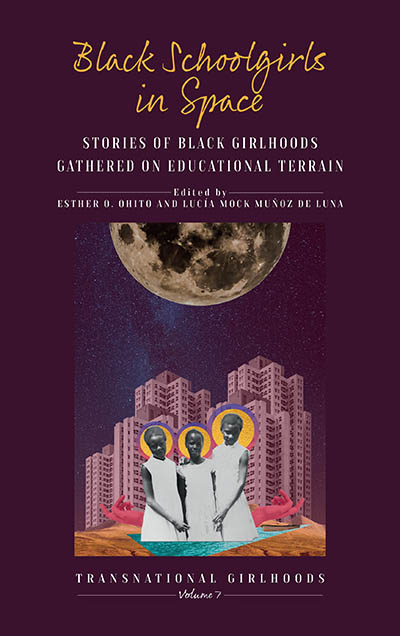 Forthcoming June 2024
Forthcoming June 2024 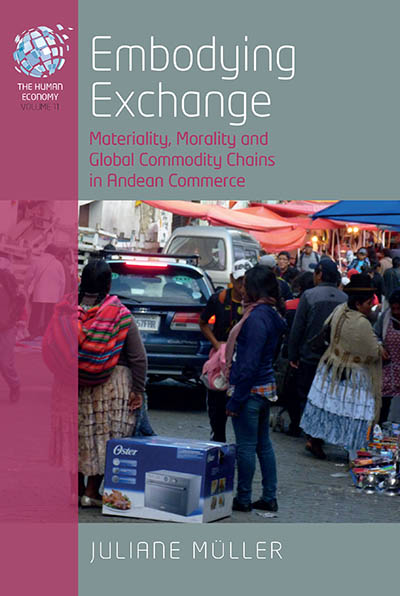 Published February 2024
Published February 2024 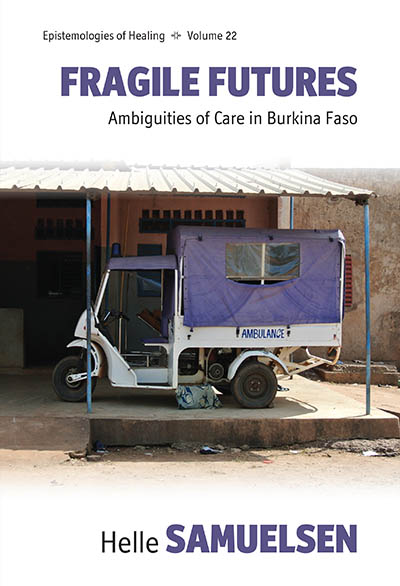 Published February 2024
Published February 2024 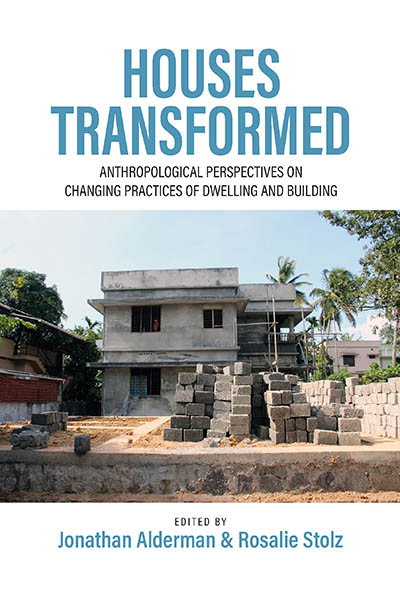 Published January 2024
Published January 2024 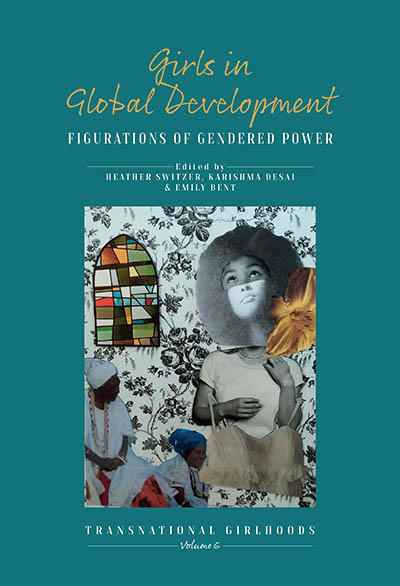 Published December 2023
Published December 2023 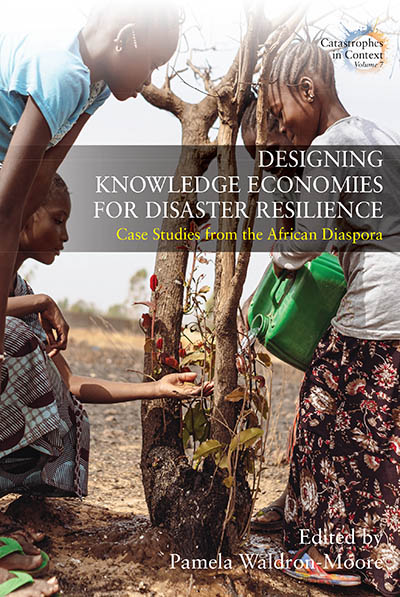 Published November 2023
Published November 2023 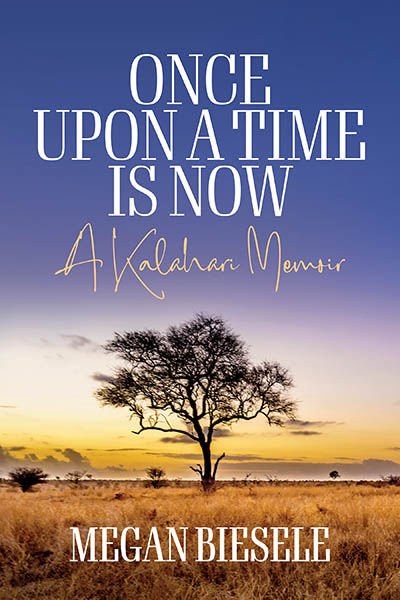 Published July 2023
Published July 2023 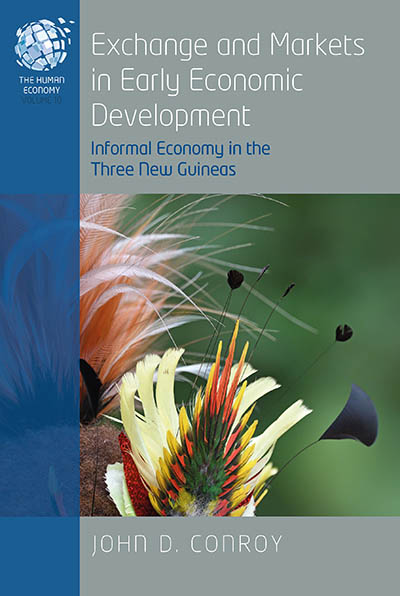 Published May 2023
Published May 2023 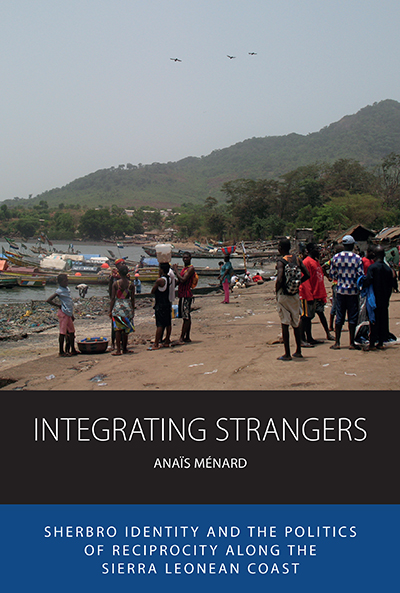 Published April 2023
Published April 2023  Published April 2023
Published April 2023 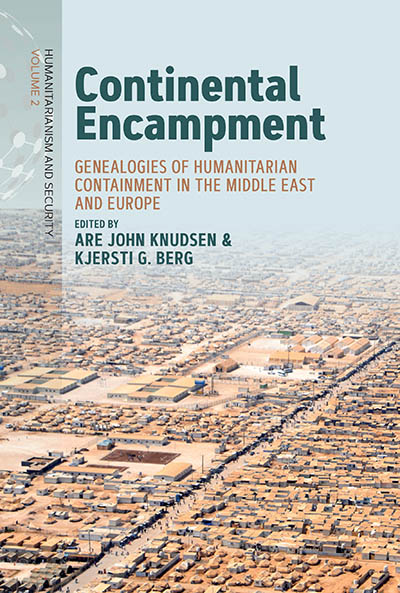 Published February 2023
Published February 2023 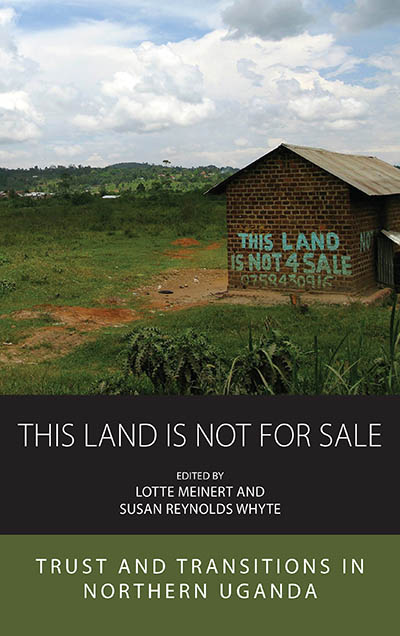 Published January 2023
Published January 2023 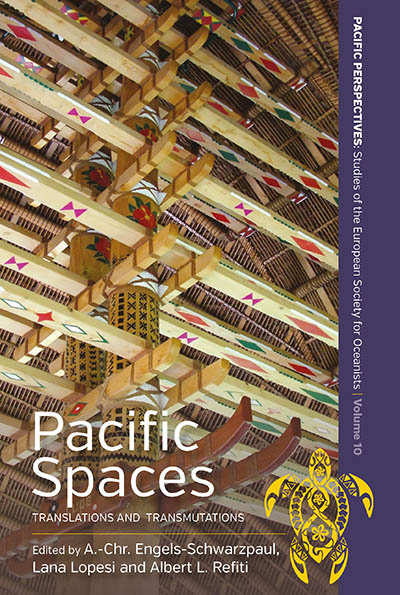 Published October 2022
Published October 2022 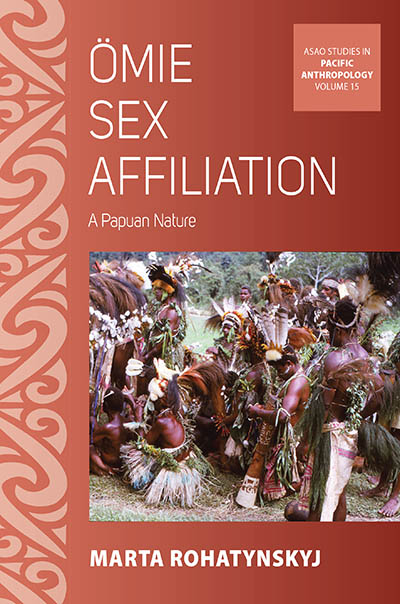 Published October 2022
Published October 2022 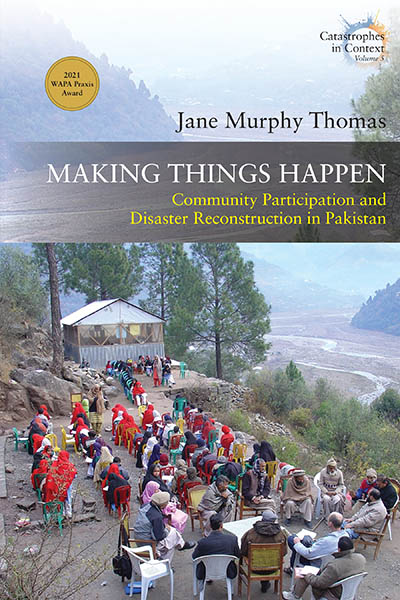 Published July 2022
Published July 2022 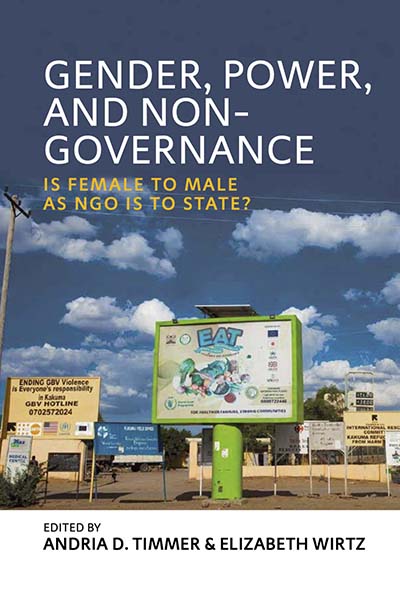 Published May 2022
Published May 2022 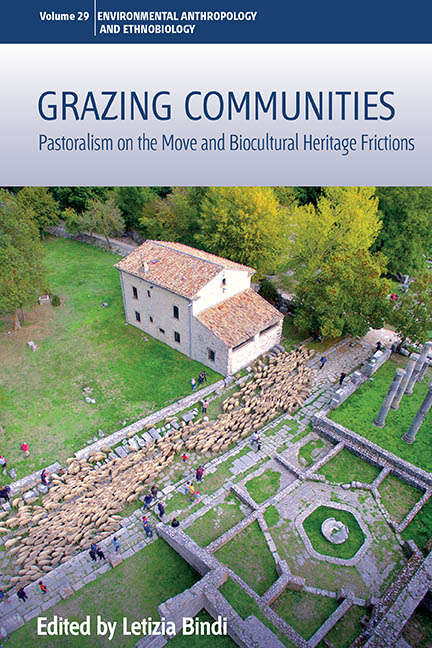 Published May 2022
Published May 2022  Published April 2022
Published April 2022 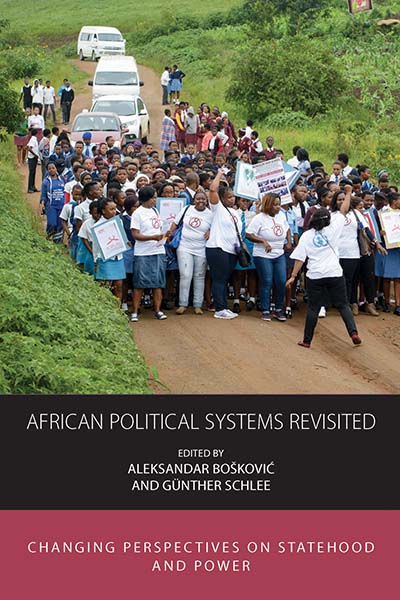 Published April 2022
Published April 2022 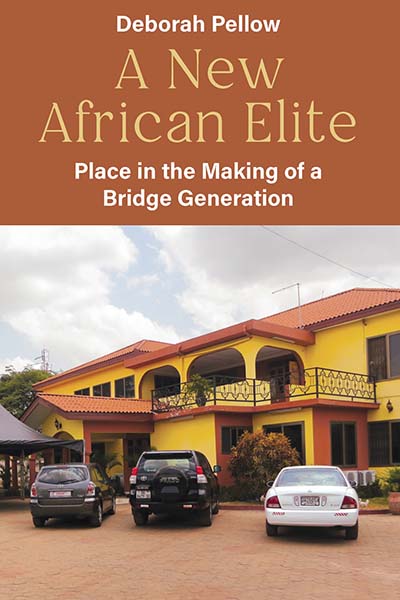 Published March 2022
Published March 2022 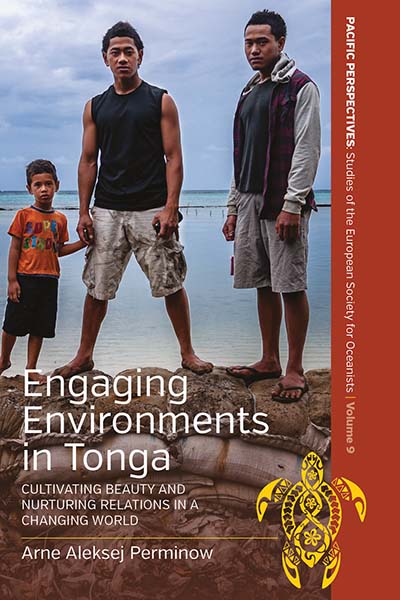 Published March 2022
Published March 2022  Published September 2021
Published September 2021 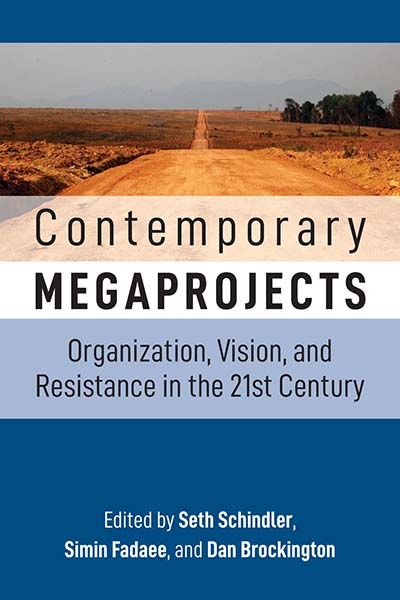 Published August 2021
Published August 2021 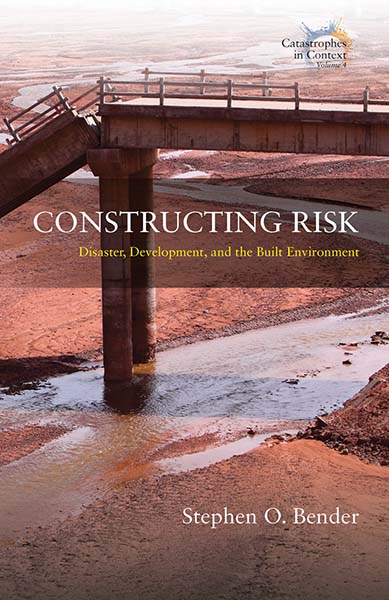 Published August 2021
Published August 2021  Published July 2021
Published July 2021 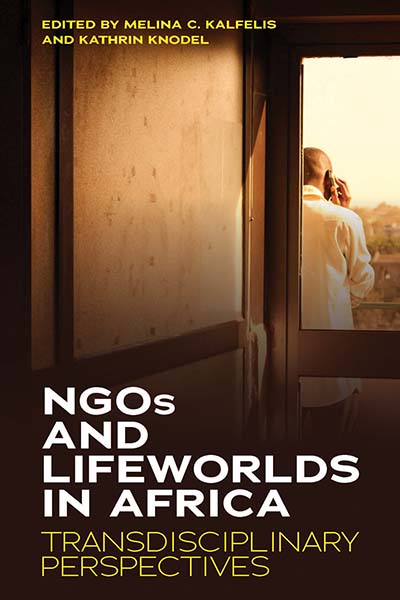 Published June 2021
Published June 2021 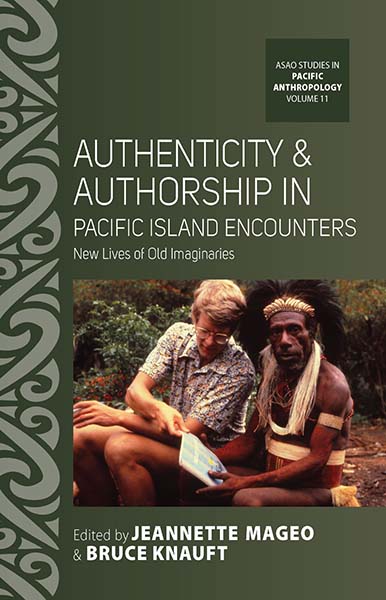 Published April 2021
Published April 2021 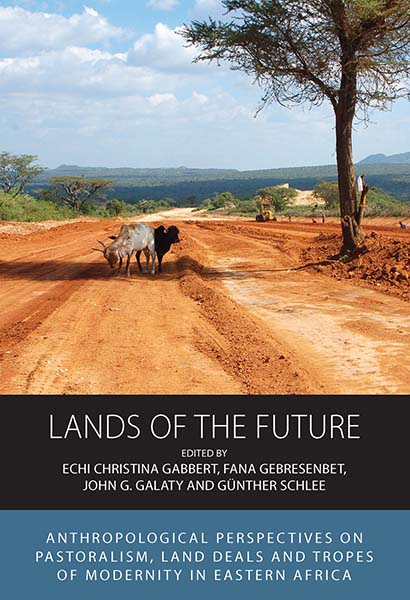 Published January 2021
Published January 2021 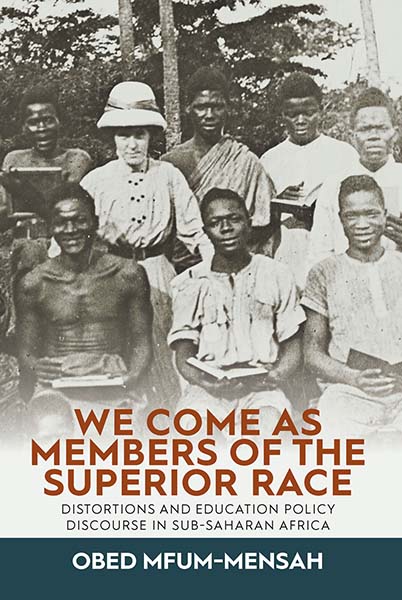 Published October 2020
Published October 2020 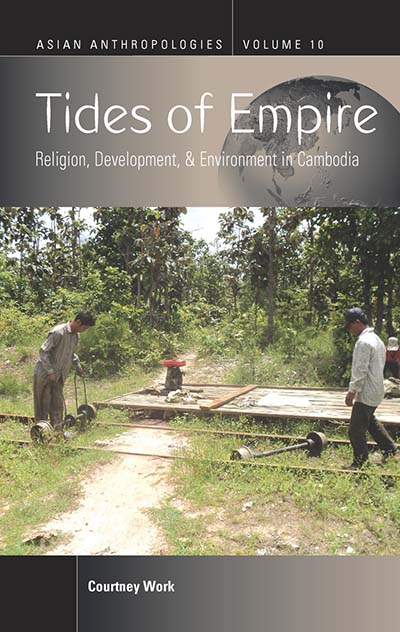 Published July 2020
Published July 2020 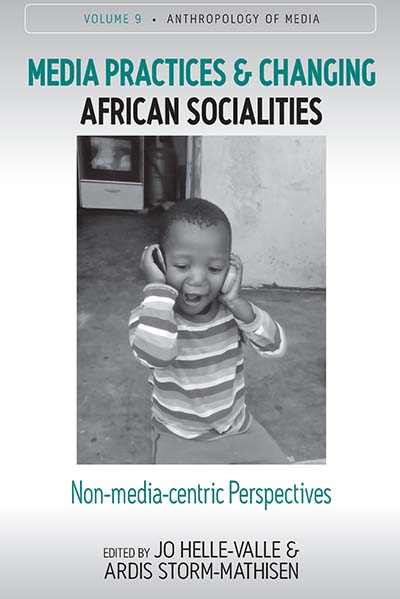 Published March 2020
Published March 2020 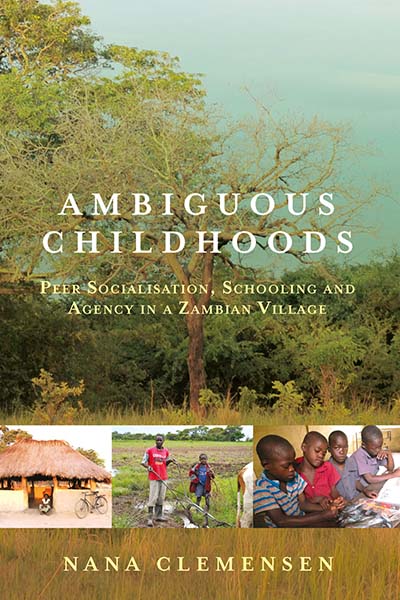 Published September 2019
Published September 2019  Published August 2019
Published August 2019 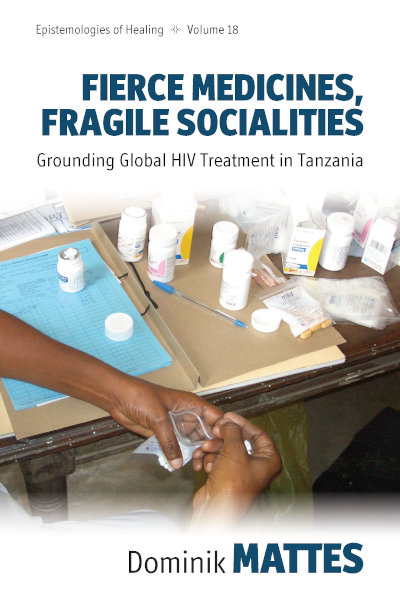 Published August 2019
Published August 2019  Published May 2019
Published May 2019 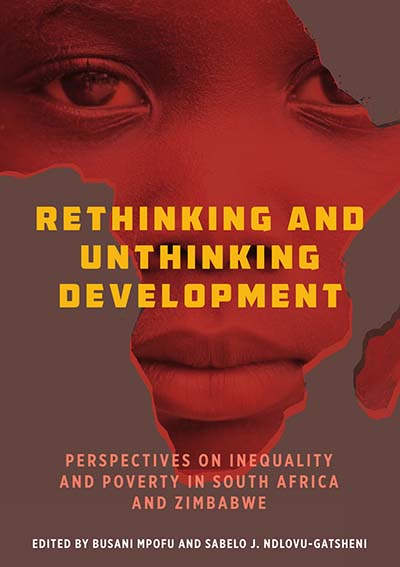 Published March 2019
Published March 2019 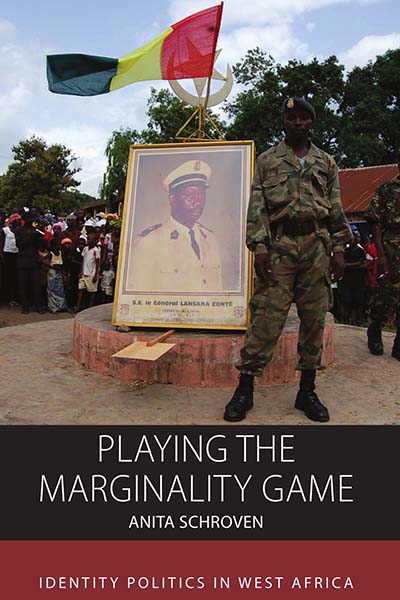 Published March 2019
Published March 2019 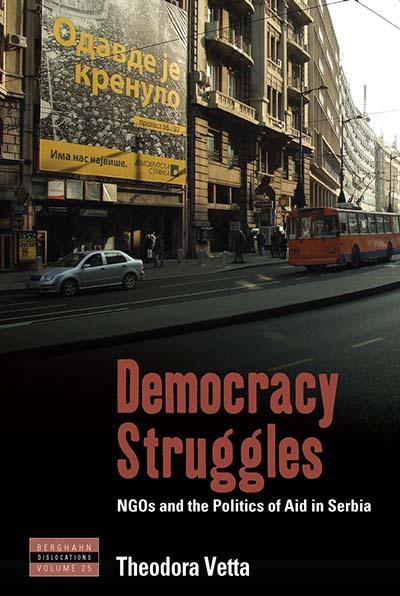 Published December 2018
Published December 2018 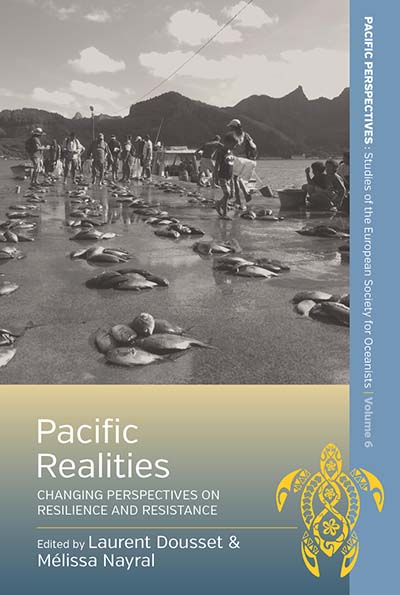 Published November 2018
Published November 2018 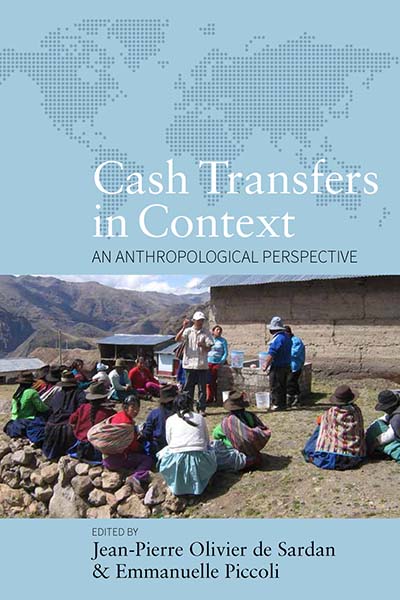 Published September 2018
Published September 2018 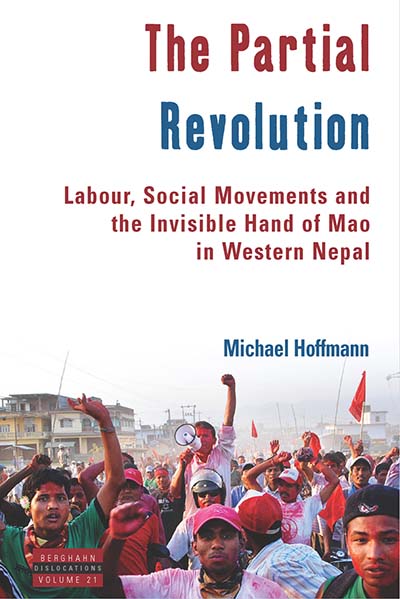 Published January 2018
Published January 2018 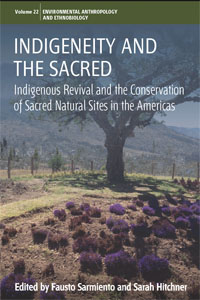 Published June 2017
Published June 2017  Published May 2017
Published May 2017 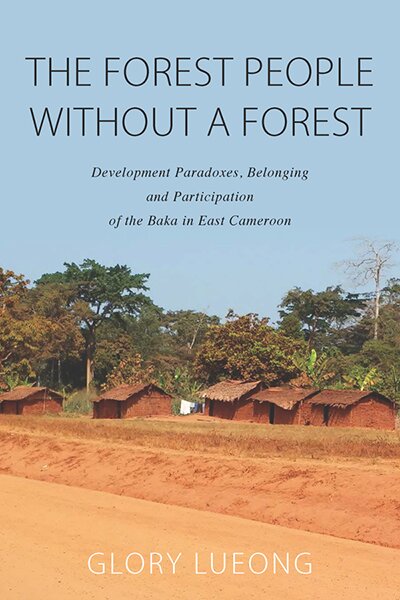 Published December 2016
Published December 2016  Published July 2016
Published July 2016 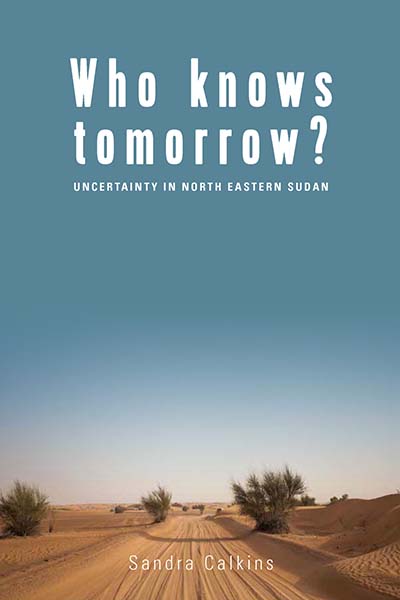 Published February 2016
Published February 2016 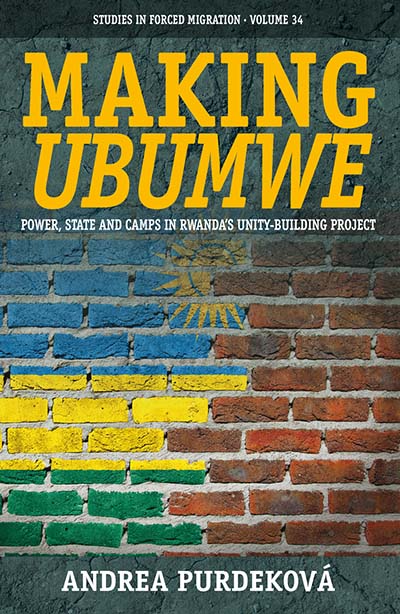 Published October 2015
Published October 2015 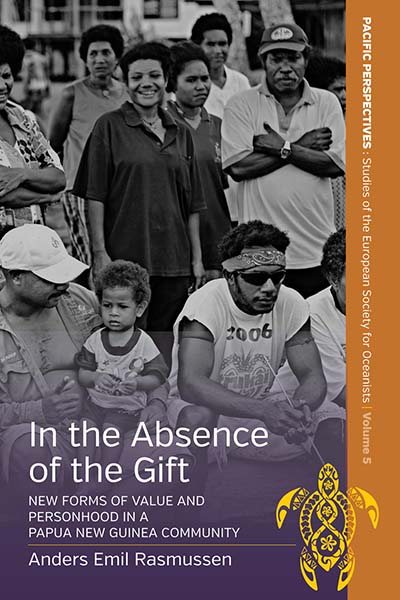 Published September 2015
Published September 2015 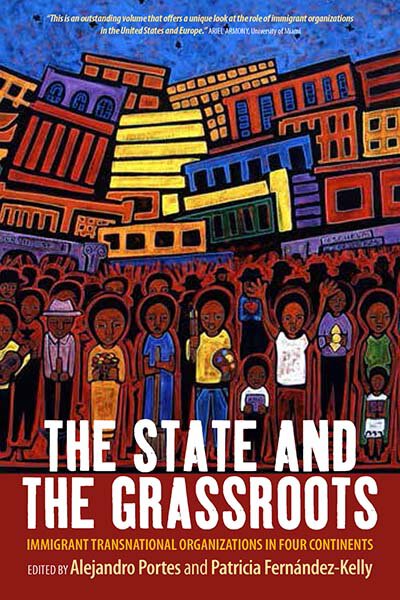 Published July 2015
Published July 2015 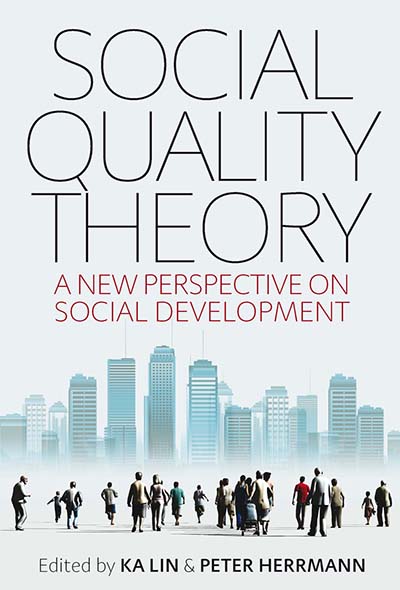 Published July 2015
Published July 2015  Published February 2015
Published February 2015 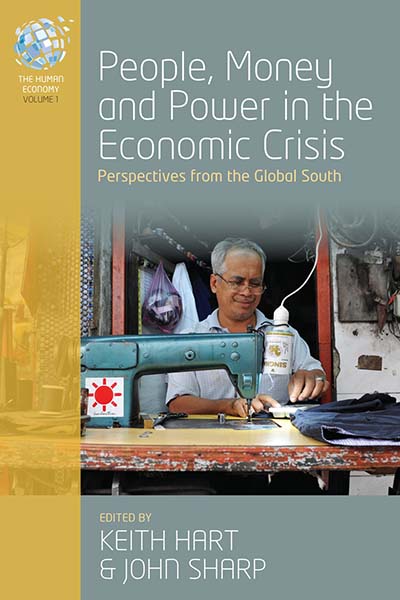 Published October 2014
Published October 2014 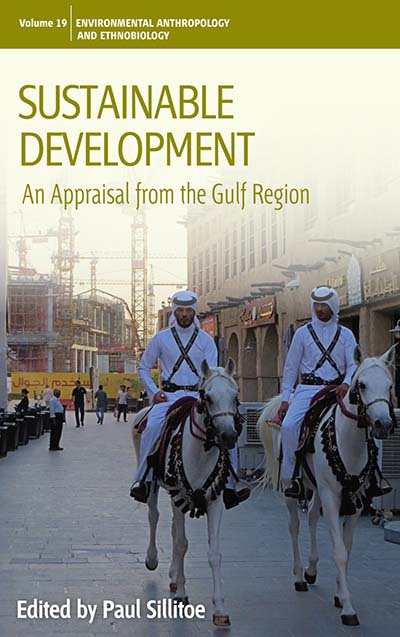 Published August 2014
Published August 2014  Published March 2013
Published March 2013 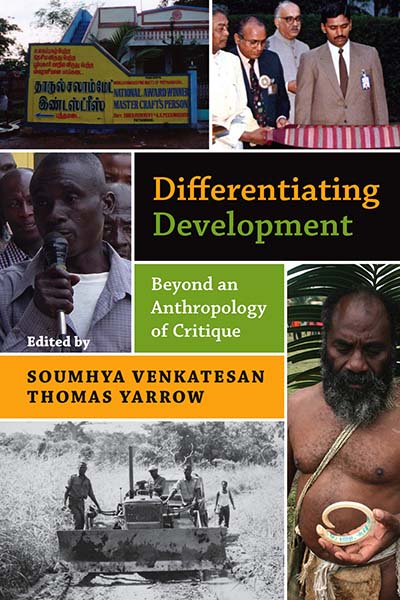 Published April 2012
Published April 2012 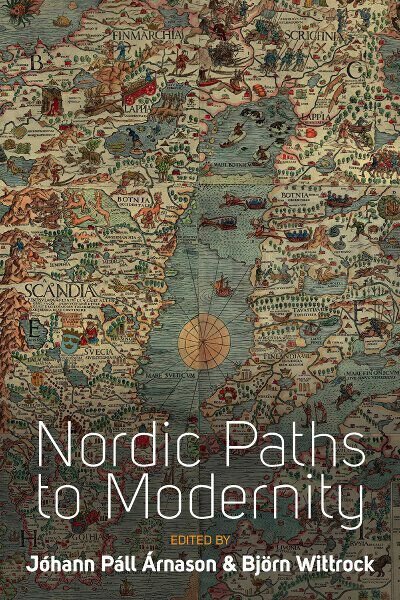 Published February 2012
Published February 2012 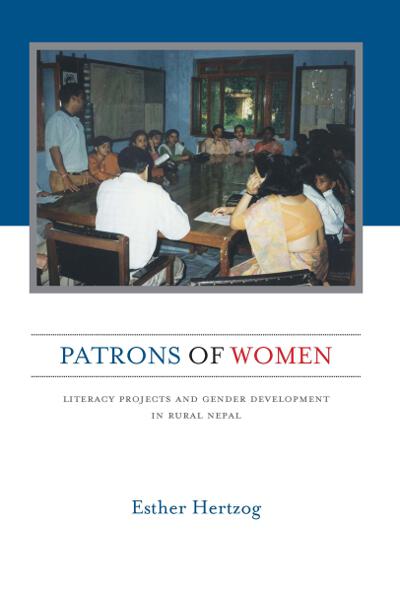 Published May 2011
Published May 2011 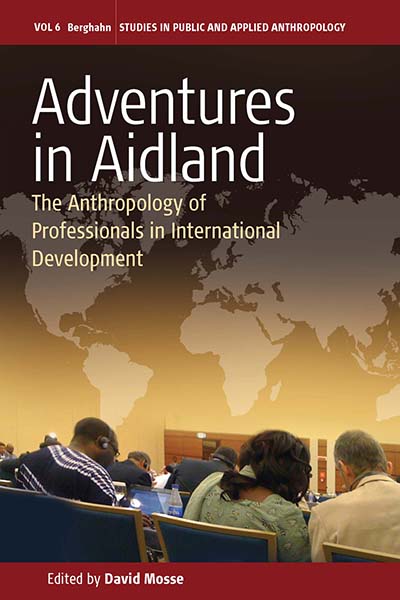 Published April 2011
Published April 2011 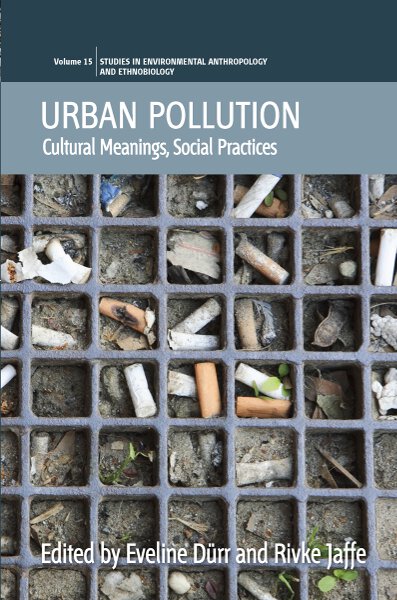 Published August 2010
Published August 2010 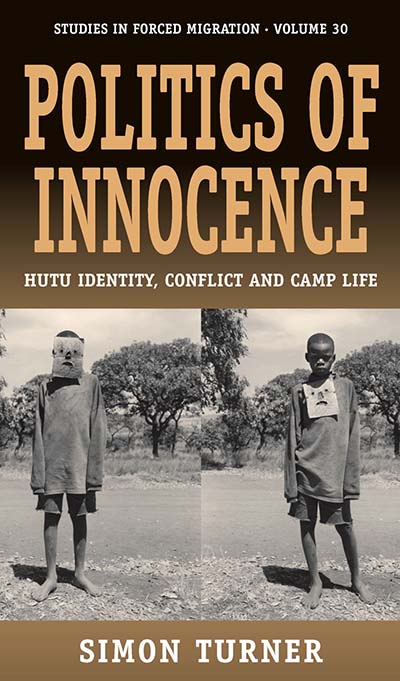 Published July 2010
Published July 2010 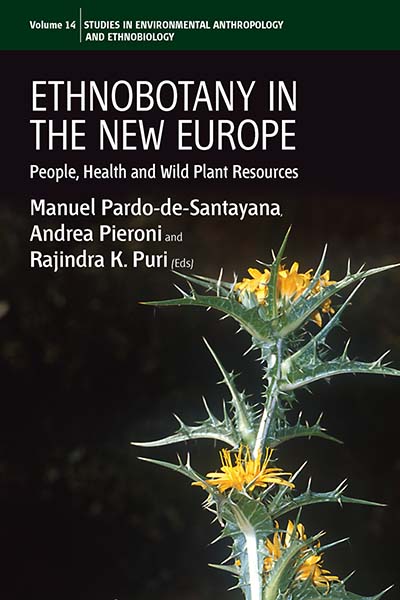 Published June 2010
Published June 2010 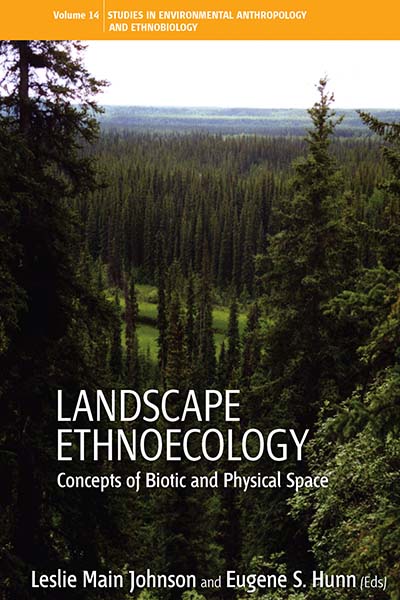 Published February 2010
Published February 2010 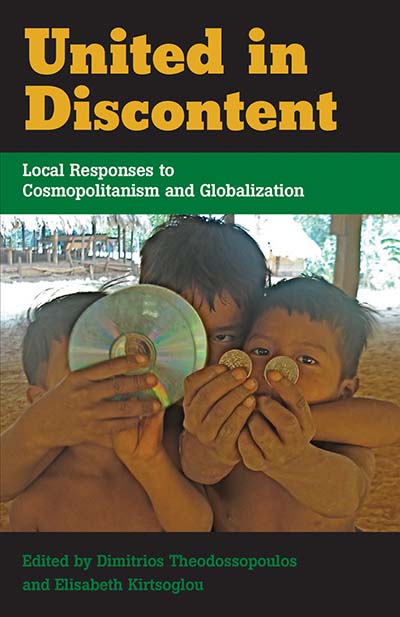 Published November 2009
Published November 2009 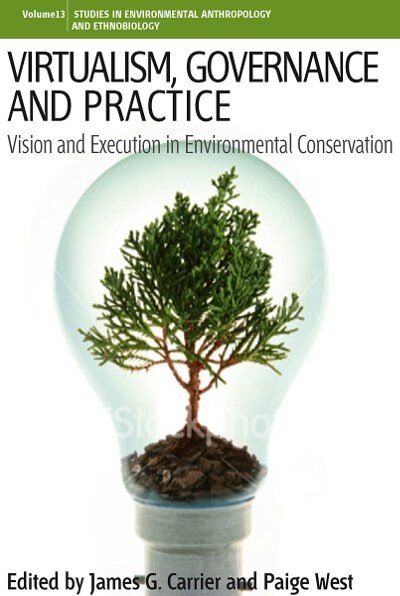 Published November 2009
Published November 2009  Published August 2009
Published August 2009  Published May 2009
Published May 2009 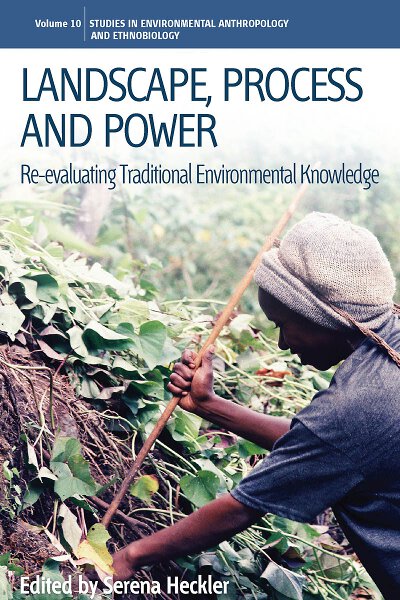 Published April 2009
Published April 2009 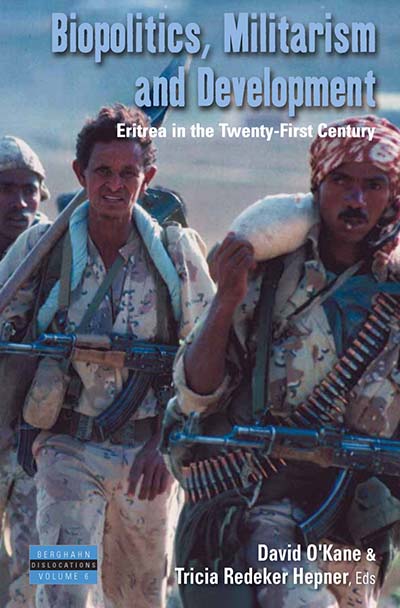 Published March 2009
Published March 2009 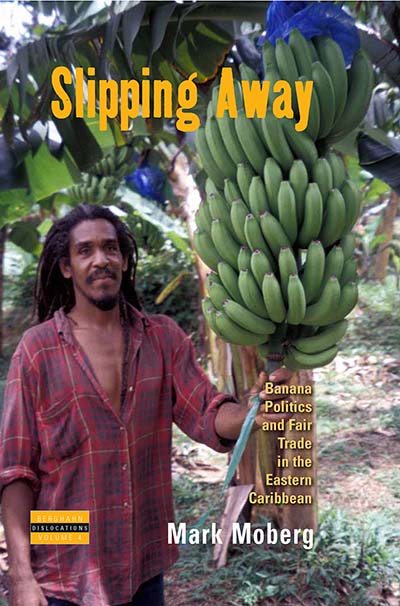 Published November 2008
Published November 2008 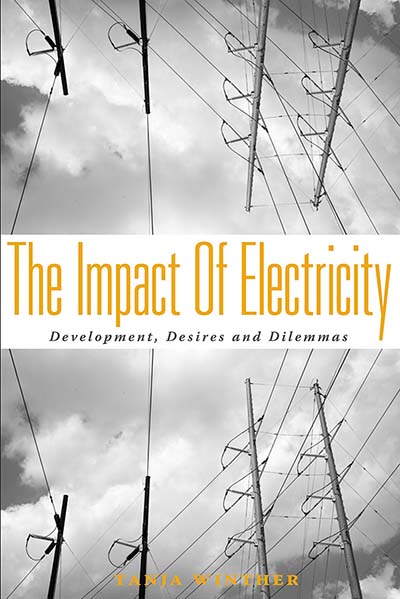 Published September 2008
Published September 2008 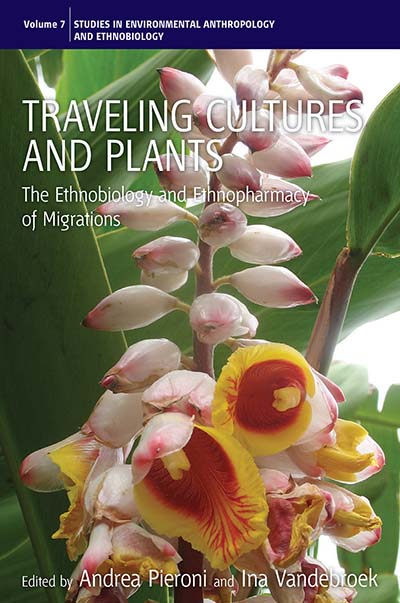 Published December 2007
Published December 2007 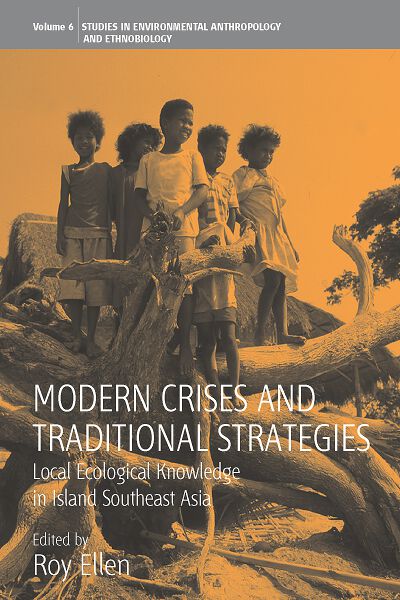 Published July 2007
Published July 2007 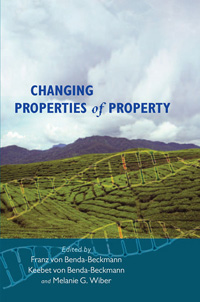 Published May 2006
Published May 2006 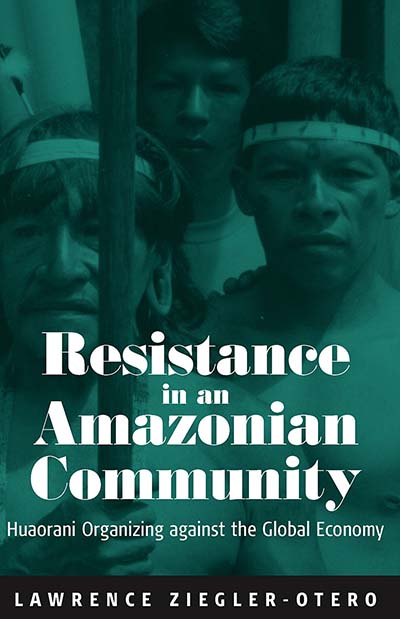 Published July 2004
Published July 2004  Published June 2004
Published June 2004 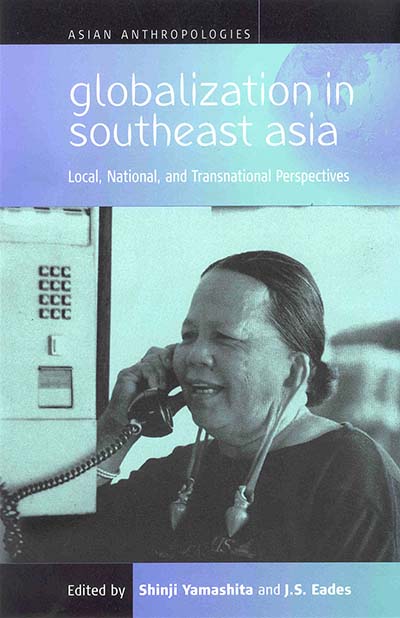 Published December 2002
Published December 2002  Published October 2001
Published October 2001